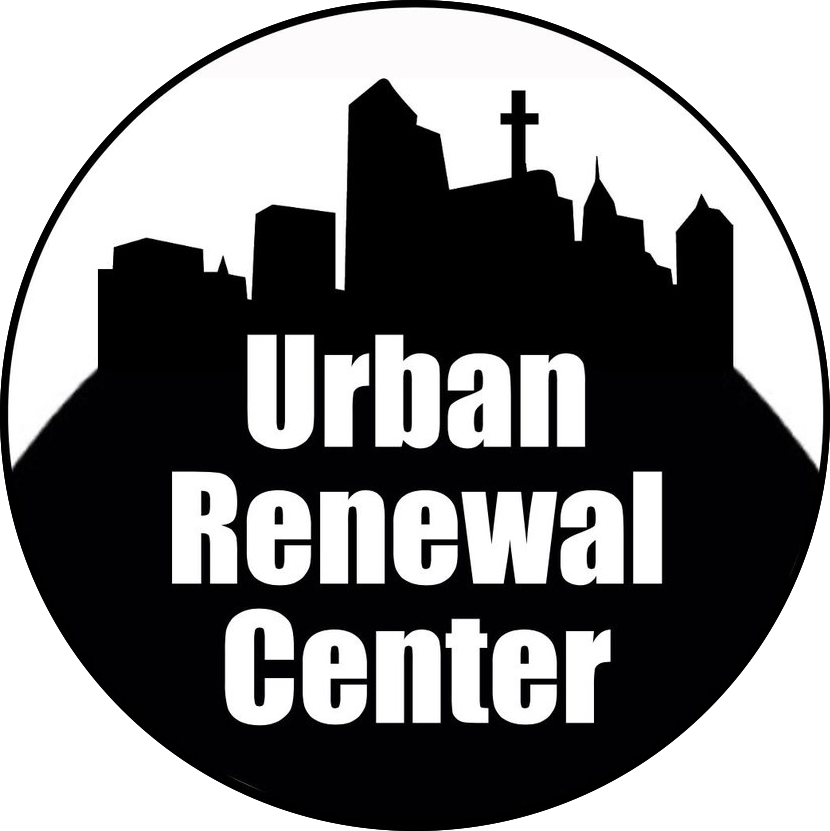Anti-Racist
adjective | an·ti-rac·ist | \ an-tē-ˈrā-sist
A set of beliefs, and actions that work to dismantle racism. Anti-Racism identifies the ways racism is built into political, and social, structures at all levels of society, and works to fight against racism in every...
Black Lives Matter
noun | \ ˈblak-lahyvz-mat-er
A Black-led grassroots protest organized in 2013 in response to the acquittal of George Zimmerman in the murder of Trayvon Martin. Black Lives Matter developed into a movement that organizes non-violent protests, and civil disobedience aimed at dismantling systemic racism in the United States.
Colonization
verb | col·o·ni·za·tion | \ ˈkä-lə-ˌnīz-ā-shən
The invasion, domination, and oppression of land and people by foreign powers. Most often, colonization is used to refer to a period when European countries colonized the Americas, the Caribbean, and Africa- stealing land from indigenous populations and enslaving the local population. The transatlantic slave trade...






